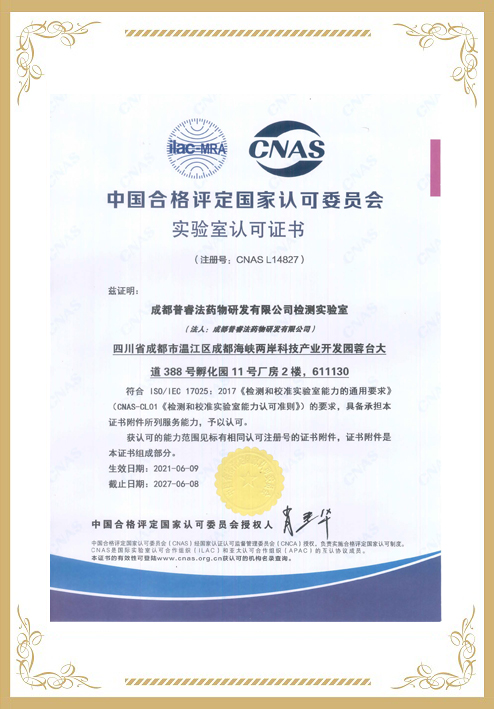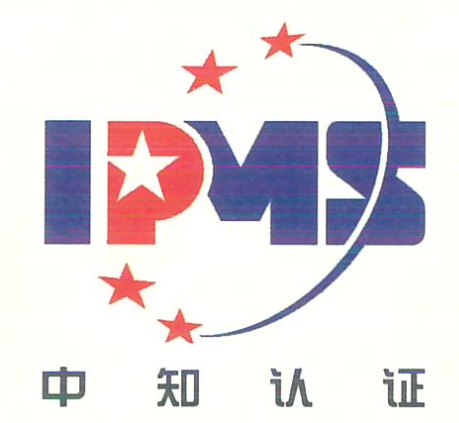Uropathogenic Escherichia coli (UPEC), the primary uropathogen, adhere to and invade bladder epithelial cells (BECs) to establish a successful urinary tract infection (UTI). Emerging antibiotic resistance requires novel nonantibiotic strategies. Our previous study indicated that luteolin attenuated adhesive and invasive abilities as well as cytotoxicity of UPEC on T24 BECs through down-regulating UPEC virulence factors. The aims of this study were to investigate the possible function of the flavonoid luteolin and the mechanisms by which luteolin functions in UPEC-induced bladder infection. Firstly, obvious reduction of UPEC invasion but not adhesion were observed in luteolin-pretreated 5637 and T24 BECs sa well as mice bladder via colony counting. The luteolin-mediated suppression of UPEC invasion was linked to elevated levels of intracellular cAMP induced by inhibiting the activity of cAMP-phosphodiesterases (cAMP-PDEs), which resulting activation of protein kinase A, thereby negatively regulating Rac1-GTPase-mediated actin polymerization. Furthermore, p38 MAPK was primarily and ERK1/2 was partially involved in luteolin-mediated suppression of UPEC invasion and actin polymerization, as confirmed with chemical activators of p38 MAPK and ERK1/2. These data suggest that luteolin can protect bladder epithelial cells against UPEC invasion. Therefore, luteolin or luteolin-rich products as dietary supplement may be beneficial to control the UPEC-related bladder infections, and cAMP-PDEs may be a therapy target for UTIs treatment. ? 2016 BioFactors, 2016
... mechanisms. 2 Methods. 2.1 Chemical Reagents and Antibodies.
Luteolin (98% purity) was purchased from Chengdu
Biopurify Phytochemicals Co., Ltd (Chengdu, China), and dissolved with dimethyl sulphoxide (DMSO). DB ...























